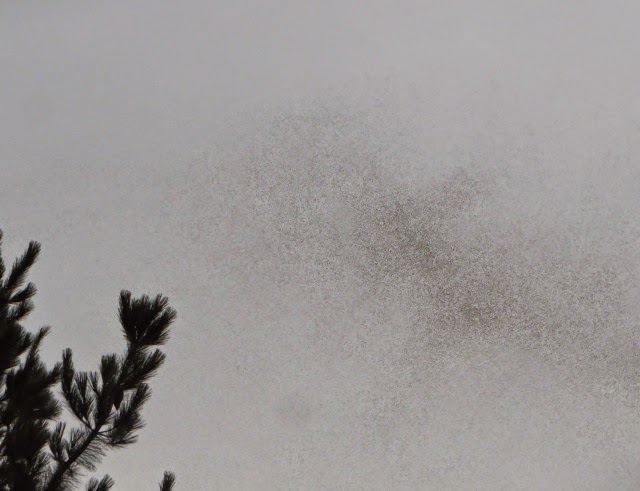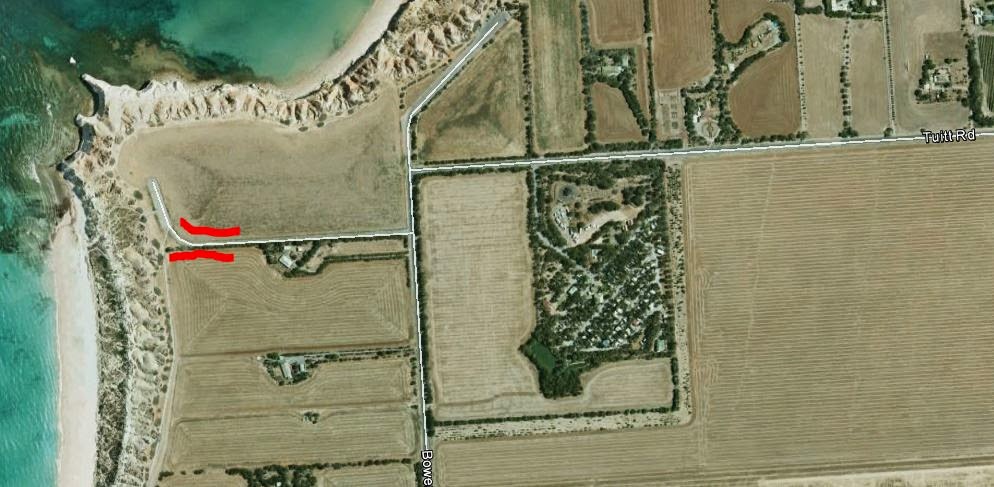Things to do with a Cold
Basically, reading. But that seemed a better heading than "Yet more book reviews" even thought tht's what it is. But only two.
I am unsure why I finished the book. Perhaps it was the "spectator at a bad accident" phenomenon where I just wanted to see what happened? Certainly one never really finds out anything important. That is a contrast with Hersh's book where I found I learnt a lot about important topics I was only marginally aware of.
The Power of Habit by Charles Duhigg
This is another book book written by a journalist, and in fact a New York Times writer.
The essential point of the book is that much of the way individuals, organisations and societies operate is driven by habits. The author presents this as a 3 part process:
- A cue; which triggers
- An automatic routine; that generates
- A reward.
The start of the book has a good scientific base using laboratory rats and brain scans to explains how these cycles are set up.
After a brief foray into damaged individuals, who seemed a bit like refugees from an Oliver Sachs book, he moves into how marketers set up cravings - in effect anticipating the reward on getting the cue. His first case is Pepsodent which was easy for the advertiser responsible: everyone wants nice teeth.
- Quoting from the book: Before Pepsodent appeared only 7% of Americans had a tube of tooth[paste in their medicine cabinets;
- A decade later that had risen to 65%!
The second case, of air-freshener, was difficult didn't recognise their need: a case of a woman with 9 cats is quoted. One success story was a Park Ranger who dealt with skunks: she knew she had a problem and the freshener fixed it up. They change the adverts from getting rid of bad smells to making the freshener a part of cleaning process - get a clean smell! The product went from hardly any sales pre-shift to $230 million in the year after the shift.
The final chapter in the "individual" section is about gridiron coaching where a head coach changes the on-field habits of the players. Basically he makes some habits automatic, and thus getting form cue to reward quicker. (In this case reward could be the satisfaction of hammering one of the opposition.
The rest of the book is about ways of applying these processes to companies or societies. All extremely interesting but I won't repeat it here.
It is possible to see some elements of a self-help manual in the book, in that if you want to change part of your life applying these principles could work.. Beyond that, and more interesting from my point of view it is a very well written and interesting study of some behaviours. Well worth a read.
The final chapter in the "individual" section is about gridiron coaching where a head coach changes the on-field habits of the players. Basically he makes some habits automatic, and thus getting form cue to reward quicker. (In this case reward could be the satisfaction of hammering one of the opposition.
The rest of the book is about ways of applying these processes to companies or societies. All extremely interesting but I won't repeat it here.
It is possible to see some elements of a self-help manual in the book, in that if you want to change part of your life applying these principles could work.. Beyond that, and more interesting from my point of view it is a very well written and interesting study of some behaviours. Well worth a read.
Inside the Canberra Press Gallery by Rob Chalmers
In the excellent book by Seymour Hersh about his work as an investigative reporter in the US he is very disparaging about the Washington Press Gallery. To a large extent he presents the reporters in that group as bottom feeders, subsisting on the slime oozing from press releases and not chasing better prey.
This book confirms his view.
It was published after the death of Rob Chalmers, although he seems to have compiled it before then and the editors (Sam Vincent and John Wanna) have just tidied it up. My issues with the tome come under two headings:
- Lack of coherence: there didn't feel to be a solid story underlying the book. He will be talking about a topic at time x and then introduce an anecdote about a related point from another period. Its rather like me yarning about things and getting led into verbal parentheses until I forget where I started (and the audience has transformed into stunned mullet).
- Focus on prurience: he very frequently talks about the amount of booze consumed by the gallery and the Parliamentarians but in a nudge, nudge "we're good ol' boys" style. (The surprise is that he can claim to remember what went on.) He also repeats a lot of gossip about real or apparent affairs by some people - Menzies, Holt and Cairns.
As an example of the problems there are some names missing from the index of people I remember as key players in the more recent games. The prime example is Ainslie Gotto, who was the key minder (and possibly had other roles) for John Gorton isn't covered at all: to use an analogy from more recent times, this omission is like covering Tony Abbott without mentioning Peta Credlin!
Save your time and avoid this.



Comments